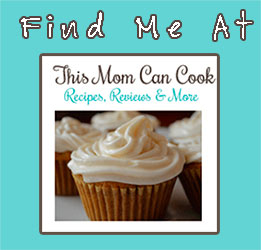 Drinking is typically seen as a method of relieving stress and loosening up. But could it be making your anxiety worse? Here, a few experts weigh in on why drinking that extra glass of wine could help anxiety turn up.
Drinking is typically seen as a method of relieving stress and loosening up. But could it be making your anxiety worse? Here, a few experts weigh in on why drinking that extra glass of wine could help anxiety turn up.
Millennials consumed an estimated 36% of all wine purchased in the last year. That’s almost 159.6 million cases in total. Why? Aarti Gupta, PsyD and clinical director at TherapyNest, a center for anxiety and family therapy, spoke with Refinery29 to provide some answers.
“Alcohol is a depressant, so it relaxes your nervous system overall,” Gupta said.
In addition, alcohol has been known to decrease anxiety and even sedate individuals in certain cases. That being the case, it’s understandable that the vast majority of people associate alcohol with relaxation and calm. And while it sounds like a great idea for an anxious person, research says otherwise.
According to Dr. Gupta, alcohol actually changes the way serotonin works within the brain. Additional research suggests that alcohol can contribute to an increase in cortisol, a hormone released when you’re feeling stress.
But hormones aren’t the only culprits of alcohol-induced anxiety. The typical drunk experience may involve blurred vision, increased heart rate, and even disorientation. Most people don’t think much of these symptoms, but Dr. Gupta warns otherwise.
“These are all symptoms that anxious people regularly identify during an anxiety attack,” Gupta says.
Of course, stronger forces like social anxiety could also play a role in these feelings of anxiety. But above all else, experts warn not to use alcohol to cope with anxiety.
“Downstream, this psychological dependence can create more anxiety,” said Joshua P. Smith, PhD, clinical director of the Center for Drug and Alcohol Programs at the Medical University of South Carolina.
Dr. Smith also provides advice regarding alcohol myopia, a term used to refer to alcohol-induced shortsightedness. Essentially, this means that errors in speech or action — things that are quite common when people have been drinking — can cause additional anxiety or embarrassment because it’s more difficult to think outside of that singular moment.
Anxiety disorders tend to develop in children at a young age. In fact, almost one-third of children experience a change in family structure before they turn 18, which could contribute to an already-present anxiety disorder. And as Dr. Gupta and Dr. Smith have revealed, alcohol may not be helping.
Given the research and information provided, it’s safe to say alcohol can play a significant role in increasing anxiety, especially for those with an anxiety disorder.





Leave a Reply